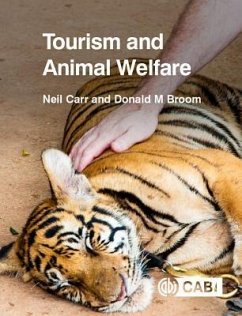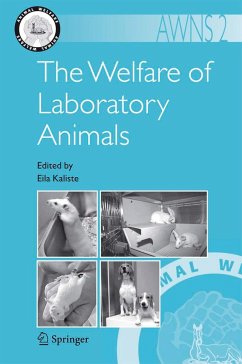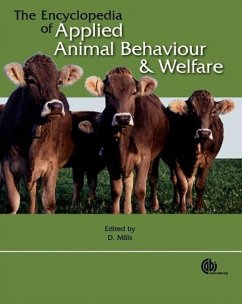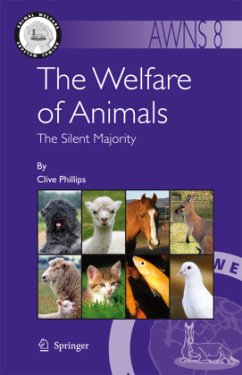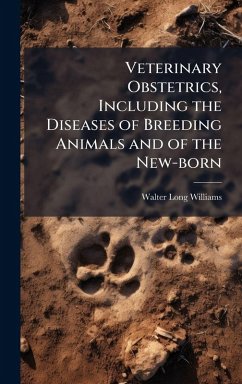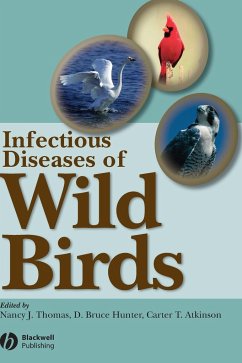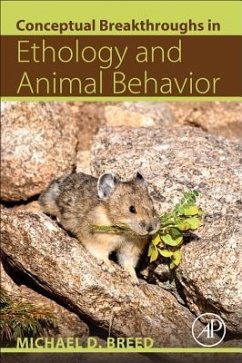
Animal Welfare
Tools for the Analysis of Biodiversity
Versandkostenfrei!
Versandfertig in über 4 Wochen
66,99 €
inkl. MwSt.

PAYBACK Punkte
33 °P sammeln!
Man controls and dominates the habitat of most animals, both domestic and wild and there is a need for a pragmatic, workable approach to the problem of reconciling animal welfare with economic forces and the needs of man. It is the author s contention that much of the current philosophical discussion of animal welfare is misdirected now that it is possible to measure to some extent what animals think and feel and how much they can appreciate their quality of life. The book deals with farm animals, pets, wild animals and laboratory animals and dicusses their environmental requirements, fear and...
Man controls and dominates the habitat of most animals, both domestic and wild and there is a need for a pragmatic, workable approach to the problem of reconciling animal welfare with economic forces and the needs of man. It is the author s contention that much of the current philosophical discussion of animal welfare is misdirected now that it is possible to measure to some extent what animals think and feel and how much they can appreciate their quality of life. The book deals with farm animals, pets, wild animals and laboratory animals and dicusses their environmental requirements, fear and stress, their response to pain, injury, disease and death, behaviour and aggression, and the implications of biotechnology and genetic engineering. Finally, the book tries to reconcile reverence for life with the inescapability of killing and reviews the prospects of preserving and enhancing quality of life for animals through legislations, education, economic and moral incentives.



